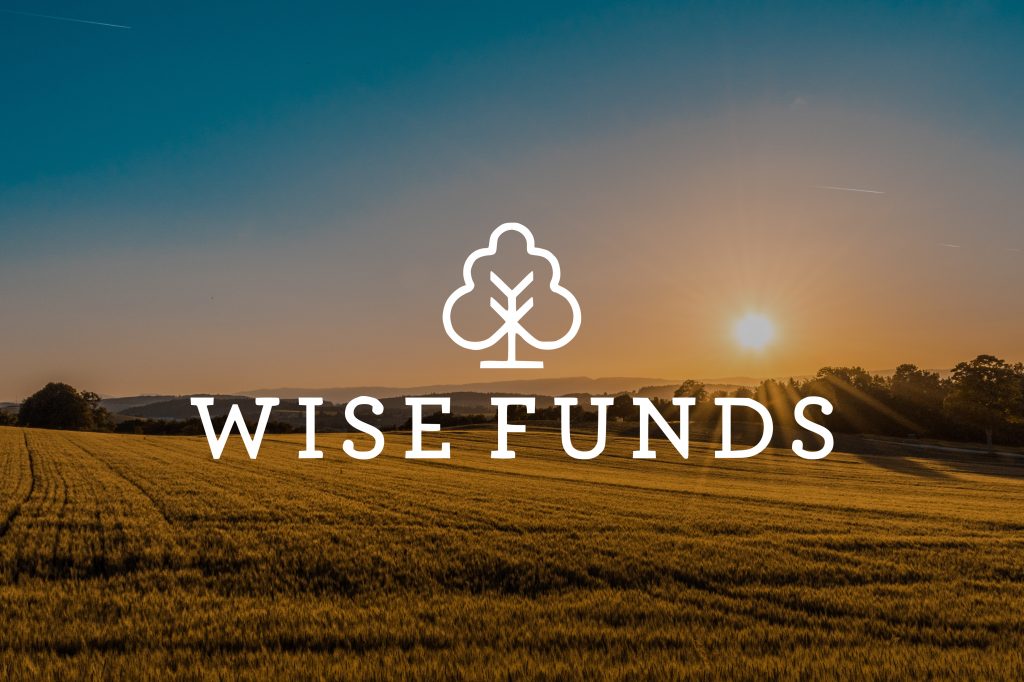Philip Matthews was recently quoted with International Adviser as income investors flock to commercial property trusts. The full article is below
Commercial property investment trusts stand out as one of the most attractive sources of income in the market today, according to Philip Matthews, co-manager of the TB Wise Multi-Asset Income Fund.
While investors continue to avoid open-ended property funds owing to liquidity concerns, Matthews said the yield on offer within UK commercial property investment trusts makes them an appealing source of income, after what has been a tough year for the sector.
“Despite entering the covid crisis on depressed share prices following three years of uncertainty post the Brexit vote, the impact of covid has seen the net asset values (NAV) of many quoted property companies reduced by valuers in the face of material uncertainty over the sector’s outlook,” he said.
Indeed, Matthews added that in many cases the discounts at which the shares trade compared with these NAVs have also widened. To illustrate this, he highlighted the performance of three holdings within his portfolio; namely the Standard Life Investments Property Income Trust, the Ediston Property Investment Company and Palace Capital.
“These are well-managed companies with holdings across the industrial, retail park and regional office property sectors. Since the end of 2019, they have, on average, seen asset values fall by 16% compared to pre-covid levels, however, they have doubly suffered as the discounts to these values the shares trade on have increased from 12% to 25%.”
Prudent approach
Matthews said that, on average, investors are now being offered these companies at a 36% discount to the best estimate of their worth prior to the pandemic.
“Whereas many domestic cyclical sectors of the stock market have been quick to price in recovery and earnings forecasts already expect pre-covid profits to be surpassed, the property sector remains at depressed levels, suggesting the market has made its mind up that property companies will be permanently impacted,” he said.
Yet in the face of reduced rent collection and uncertainty around the timing and extent of lockdown measures, Matthews said all three funds he holds have taken a prudent approach to the payment of dividends, on average reducing them by about a third.
“We believe current dividends are well covered by earnings,” he added. Ediston Property Investment Company has recently announced it will increase its dividend by 25%, reflecting the strong rental cover of its dividend as retail parks have seen footfall hold up well during the crisis.
“Similarly, the Standard Life fund has brought forward the payment of its fourth interim dividend and now expects to pay a fifth interim dividend. Palace Capital has announced the quarterly minimum dividend level it will pay but has stated this will increase with greater clarity on the economic outlook.”
A ‘significant, untapped exposure to recovery’
Given that on average these three companies are forecast to yield 5.5%, Matthews believes there remains “significant scope” for these dividend yields to increase as earnings recover with rent collection normalising.
“Were 2019 levels of dividend to be restored, these three companies would yield 8.0%,” he added. “The potential to grow dividends over 40% off an attractive base makes the sector stand out as one of the most attractive sources of return today, whilst offering significant, untapped exposure to recovery should the economy rebound as strongly as is forecasted.”
Ryan Hughes, head of active portfolios at AJ Bell Investments, agreed that commercial property has had its challenges over the past 18 months, and that the uncertainty over areas of the commercial property is reflected by the large discounts on the generalist property investment trusts.
Despite this, he added that yields are looking high with the generalist Standard Life Investments Property Income Trust yielding over 5%.
“Given the uncertain outlook, I prefer the specialist areas of logistics, warehouses and supermarkets as they look less challenged going forwards and yields here are still attractive,” Hughes said. “Supermarket Income Reit, which needs little explanation, has an attractive yield of 5.1%, while Tritax Big Box is a little lower at 3.4%, but offers the prospect of the dividend growing over time.”
Commercial property investment trusts stand out as one of the most attractive sources of income in the market today, according to Philip Matthews, co-manager of the TB Wise Multi-Asset Income Fund.


